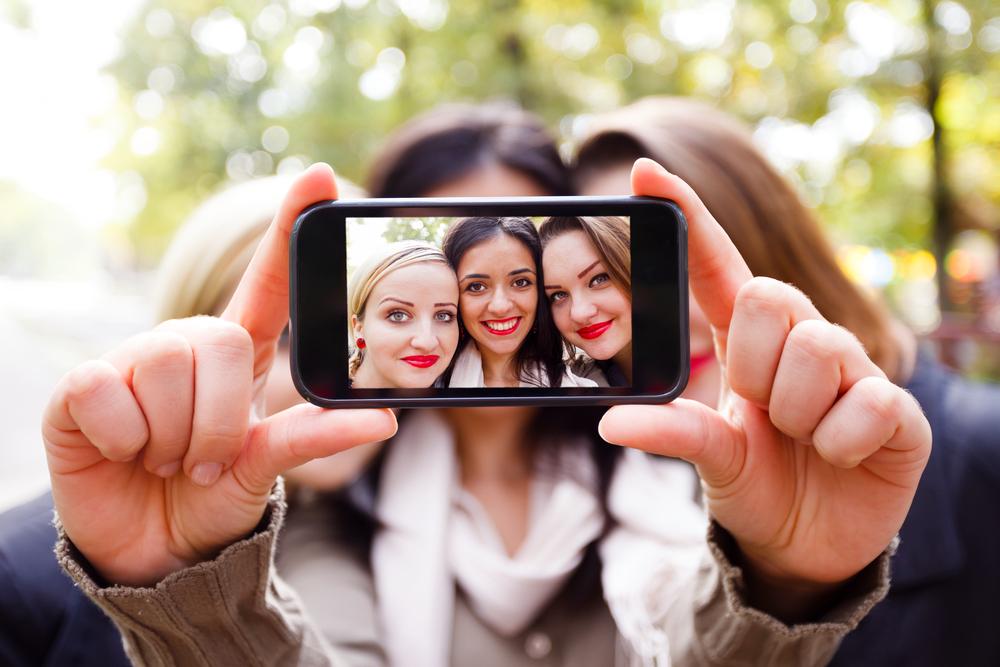One of Australia’s highest profile psychologists has backed the move to restrict the use of mobile phones in school, saying it can restore students’ focus and foster a better classroom environment.
Michael Carr-Gregg, who is an adolescent and children psychologist and author of 14 books, said in an email sent to The Epoch Times that students and classes would benefit from being required to “switch off their phones and store them securely in lockers from the start of the school until the final bell.”




